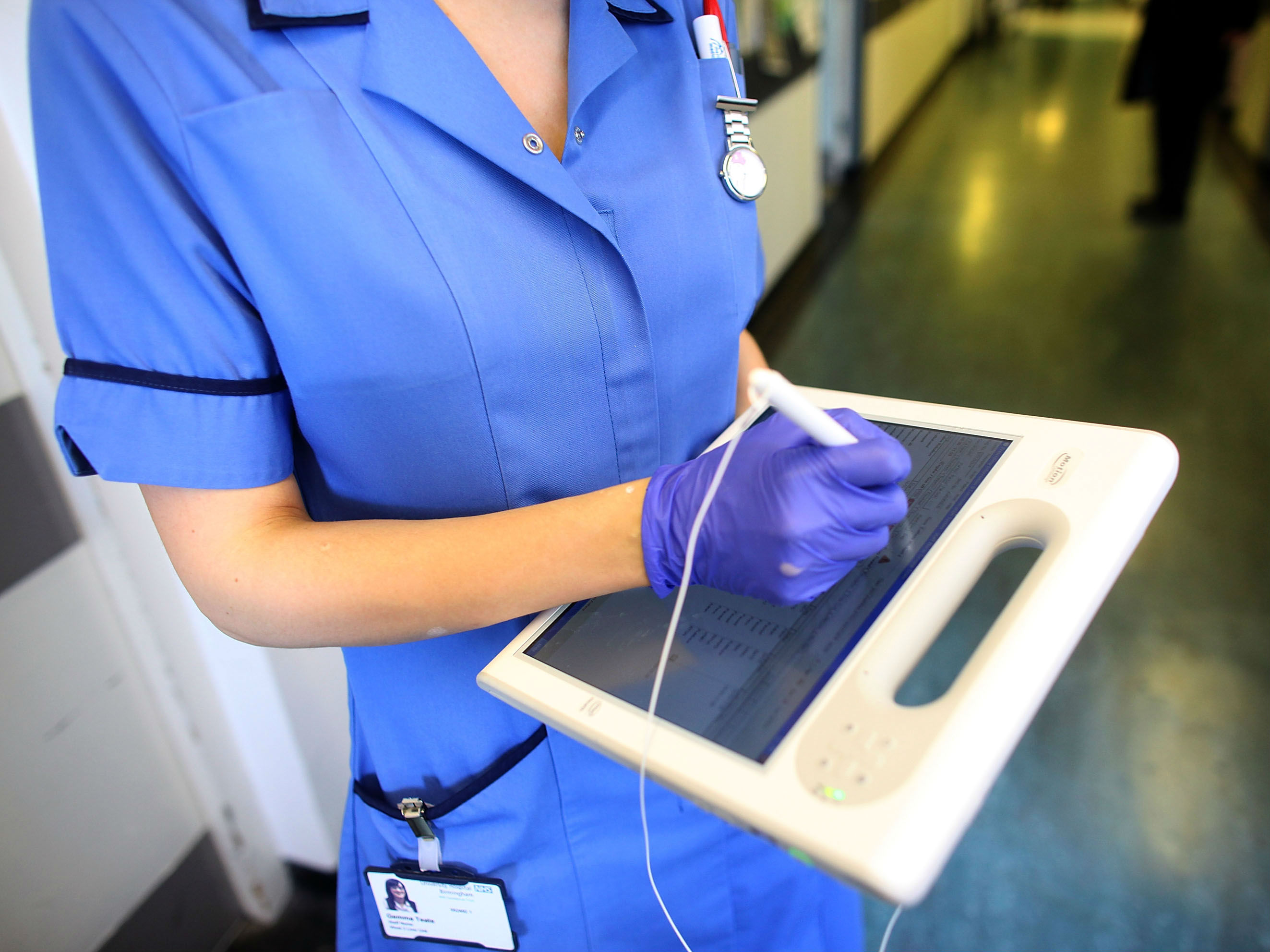
Coronavirus: what is a key worker - and do you qualify?
- Select a language for the TTS:
- UK English Female
- UK English Male
- US English Female
- US English Male
- Australian Female
- Australian Male
- Language selected: (auto detect) - EN
Play all audios:

The UK government is closing all schools to pupils nationwide with one important exception - the children of so-called “key workers”. The Department for Education last night released a list
of workers whose children may continue to attend school so that their parents can continue with work considered to be essential in keeping the country functioning during the coronavirus
pandemic. The list includes front-line health and social care staff such as doctors, nurses, midwives and paramedics, as well as support and specialist staff in the sector. SUBSCRIBE TO THE
WEEK Escape your echo chamber. Get the facts behind the news, plus analysis from multiple perspectives. SUBSCRIBE & SAVE SIGN UP FOR THE WEEK'S FREE NEWSLETTERS From our morning
news briefing to a weekly Good News Newsletter, get the best of The Week delivered directly to your inbox. From our morning news briefing to a weekly Good News Newsletter, get the best of
The Week delivered directly to your inbox. “In addition, it includes those working in supply chains including producers and distributors of medicines and personal protective equipment,” says
The Guardian. –––––––––––––––––––––––––––––––_The Week’s sister company Buyacar.co.uk is offering free delivery and free two-year warranties to key workers, as part of the national fight
against the global coronavirus pandemic. Click here for more information_––––––––––––––––––––––––––––––– Nursery, teaching staff and social workers are also exempt from the closures, as are
key public service workers such as “those required to run the justice system, religious staff, as well as those responsible for managing the deceased and journalists providing public service
broadcasting”, the newspaper continues. Local and national government workers deemed crucial to delivering essential public services are on the list, alongside workers involved in food
production processing, distribution, sale and delivery. Public safety workers including police, armed forces personnel, firefighters and prison staff are included too. Essential air, water,
road and rail transport workers are also exempt, as well as utilities, communication and financial services staff, including postal workers, and waste disposal workers, the BBC reports. The
government has said if workers think they fall within these “critical categories”, they should “confirm with their employer that, based on their business continuity arrangements, their
specific role is necessary for the continuation of this essential public service”. Schools supporting key workers’ children will be expected to remain open during the Easter holidays,
according to the BBC. But Geoff Barton, general secretary of the Association of School and College Leaders, is predicting that schools will remain closed to all other pupils until September.
“The peak of the virus is expected to be at exams time after which most schools start to wind down, so it was very unlikely that they would reopen in the summer term,” he said. Responding
to widespread concerns about the cancellation of exams, Education Secretary Gavin Williamson told _BBC Breakfast_ that the aim was to issue children in England with grades in August under a
“different process and a different system”, provided the virus doesn’t adversely “affect the examining boards and those who issue the grades”. Explore More Coronavirus In Brief
